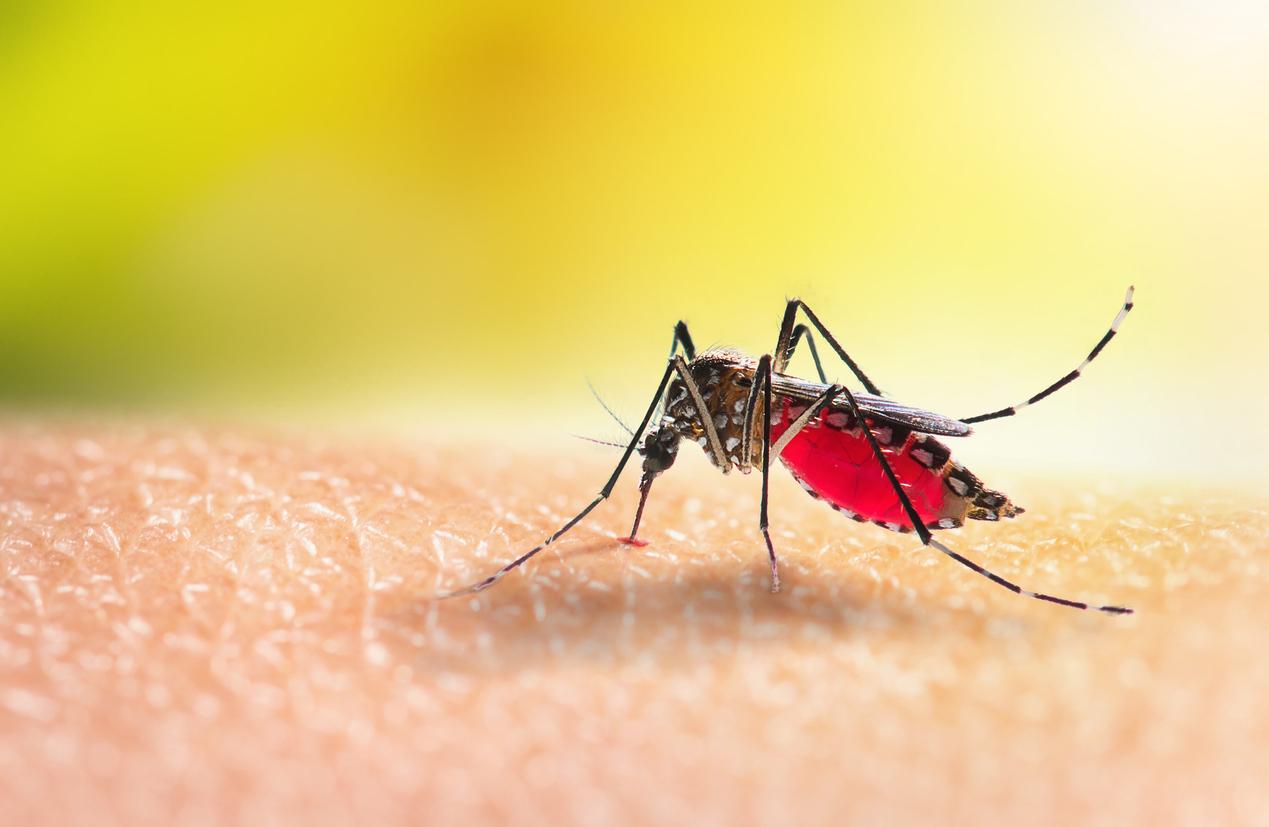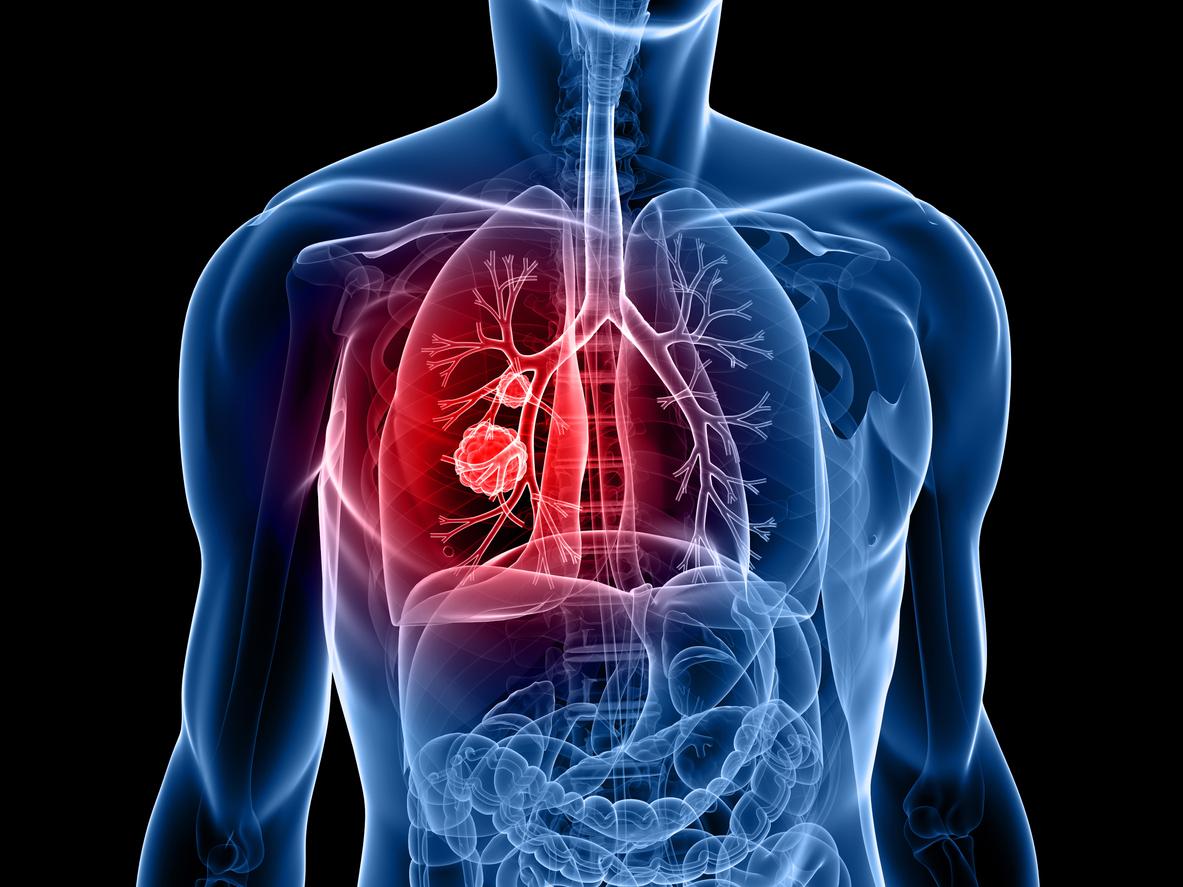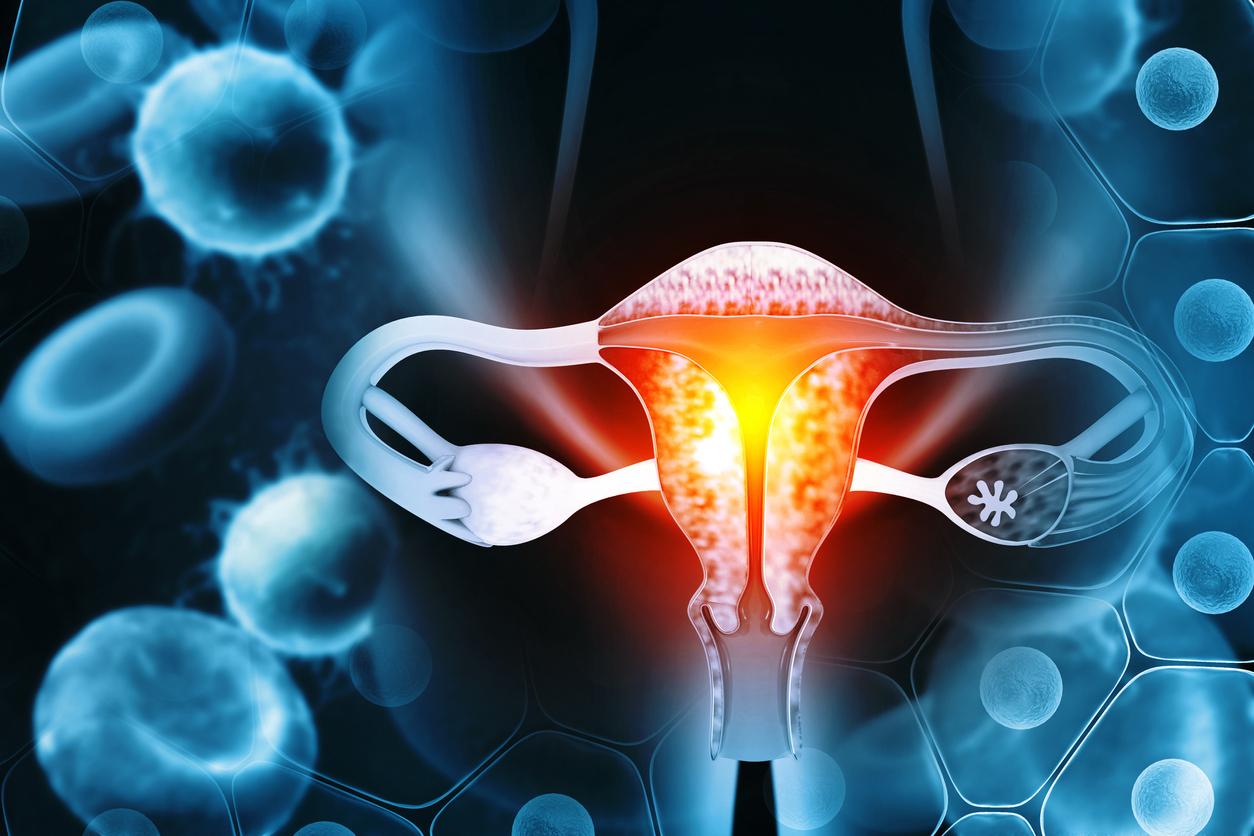Isolation, anxietyaggressiveness, sleeping troubles or concentration… These symptoms are sometimes signs of a “mental state at risk”. To better diagnose these states, which will evolve in one out of three cases into a psychotic disorder, researchers from the National Institute of Health and Medical Research (Inserm) have looked into the biological changes that accompany psychological symptoms. They publish their results in the journal Molecular Psychiatry.
A change in the expression of certain genes
The team of researchers, led by professor of psychiatry Marie-Odile Krebs, studied for one year 39 people at risk, aged 15 to 25 and from the ICAAR study cohort. More specifically, they observed the methylation of 400,000 sites of their DNA. DNA methylation is a phenomenon epigenetics: it is a chemical transformation of DNA that can modify the expression of genes after birth. They compared the methylation profile of patients experiencing a psychotic episode and those who had not triggered one. Result: the patients with psychotic episodes presented epigenetic modifications, in particular on the areas of the DNA which correspond to the genes involved in the oxidative stressand in the body’s inflammatory response.
Towards simple and early detection
“These results open the way to a better understanding of the biological upheavals that accompany the onset of psychosis.“welcomes theInserm in a press release. The triggering of a psychosiscould be related to an inflammatory or oxidative stress breaking the balance already weakened by a genetic, environmental or neuro-developmental vulnerability” underlines the institution. This study could make it possible to detect psychotic states earlier, by a simple blood test, and to treat them before the most serious symptoms occur.
>> To read also:
A sleepless night: effects close to psychosis
Are left-handed people more psychotic?
Nightmares in childhood, psychotic disorders later?
Cannabis: it increases the risk of psychotic disorders in men

















